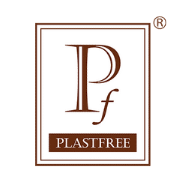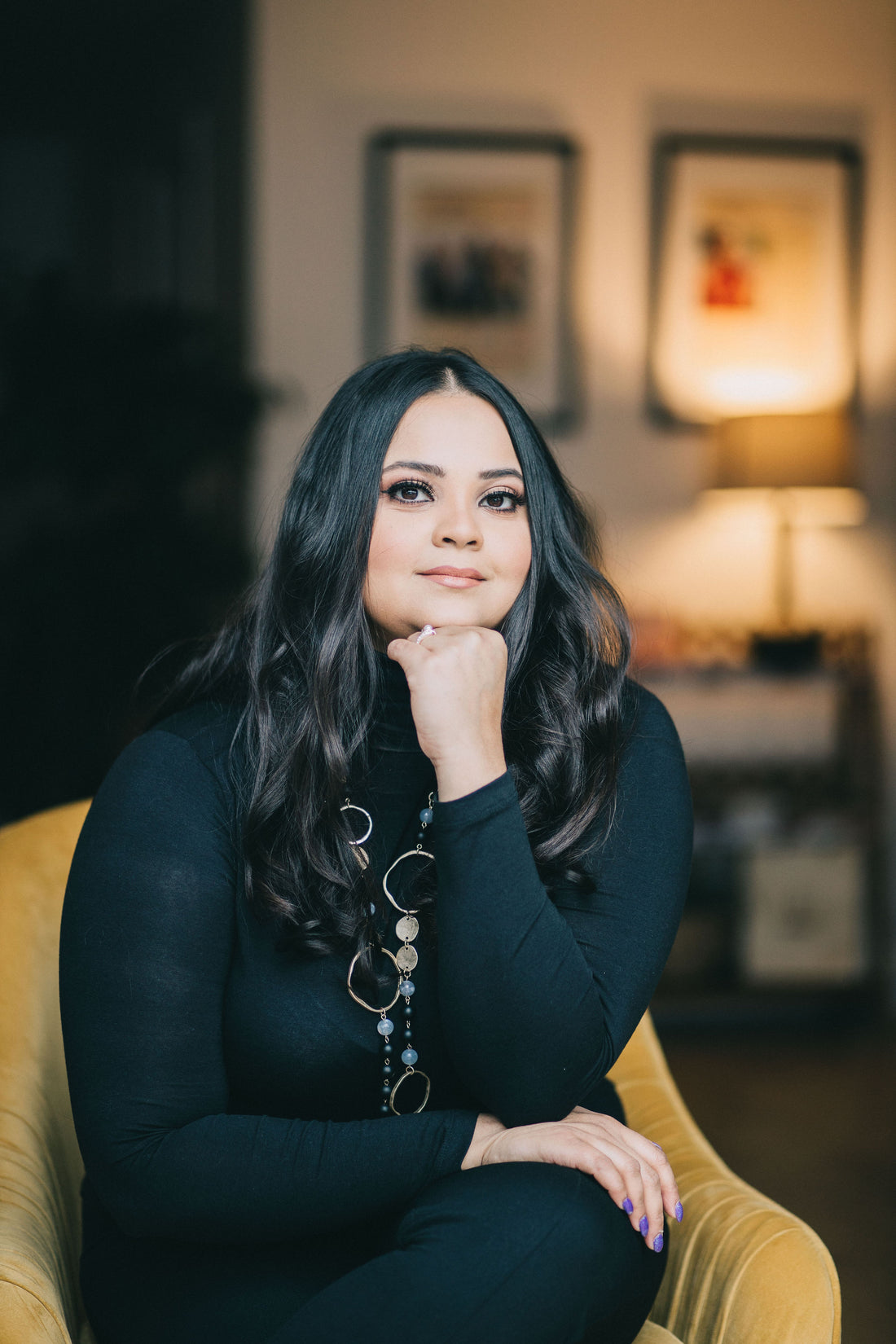Almost 2 billion menstrual items are flushed in Britain’s toilet, which causes 370,000 sewer blockages yearly, according to UK Sewer Misuse, 2018 Water UK report. Unlike the most common single use plastic products like, shopping bags, cigarettes, wet wipes, crisp packets, drink bottles, toiletries, cutlery; rarely would someone put menstrual hygiene products in the list. The harsh reality is that period products are voted to be the fifth most common ocean polluters and 90% of conventional sanitary pads are plastic ingredients.
This wasn’t the case in 1930’s, when only cotton and cardboard applicators were used. Fifty years of production of plastic based menstrual hygiene products has contributed largely to the plastic pollution, as the average time one single pad takes to decompose is 500-800 years. So, what the menstruators use today will still be lying around for centuries from now!
The ways to reduce impact of period products would be to start with swapping the plastic ones with organic and plastic free. The toxicity of the product is much lesser in both production and disposal. Disposable organic sanitary pads like PLASTFREE are sustainable throughout, in every layer of the product. They are made with organic cotton top sheet with a total chlorine free process with no dioxins and chemicals, hence kinder to the body. Their absorbing core is biodegradable that can absorb 800 times its weight, making it five times more capable of absorbing blood than any other pads available. The back sheet is made with biodegradable plastic too with enough strength not to leak. The glue used is plant based with recycled cardboard packaging thus reducing plastic packaging. The tampons on the other hand are 100% organic cotton core with cotton thread and veil to prevent fibre shedding with cardboard applicators, eliminating the need to use the plastic ones seen washing up to the beaches.
Plastfree is a revolutionary period brand started in November 2019 by Surrey based entrepreneurs Abi and Anushka, with a vision to end period pollution and make organic periods affordable. Their pads are five times more absorbent than conventional plastic ones and are completely biodegradable. In a short period of time, Plastfree is officially present in Dubai and Canada too. Buy their liners, cardboard applicator tampons, three different sized sanitary pads and maternity pads with retailers like Amazon and ethical marketplaces like Wearth London, Creoate, Faire and few pharmacies in UK.
‘I was shocked to find that, on an average, 4.8 menstrual waste are found per 100m of beach cleaned as reported by the Marine Conservation Society and the absorption of the plastic free period alternatives is not sufficient for many heavy bleeders like me,’ says the Founder & Director of Plastfree, Anushka Mukherjee. She is keen to make her products be more absorbent and affordable to all and aims to donate over 5% of monthly profits to charities around the world supporting women in need and planting trees to offset the carbon foot print. She also adds, ‘By 2023 there will be a significant number of menstruators choosing consciously, so out of 33 million women in UK using approximately 11,000 menstrual products in their lifetime, switching from plastic period products would keep almost 22 billion items out of plastic pollution. To know that I can change the way we think and shop about periods, excites me to work hard every day towards my goal.’

